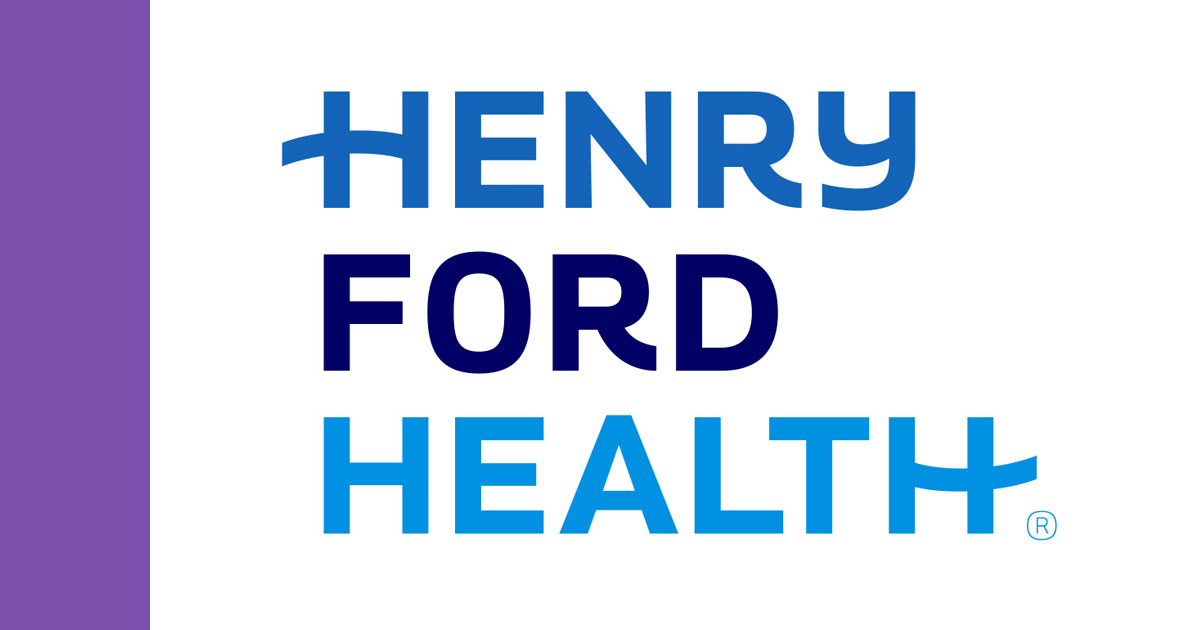Henry Ford cardiology fellows represent the next generation of cardiovascular specialists who are shaping the future of heart health through innovation, research, and patient care. As the field of cardiology continues to evolve, these fellows play a crucial role in advancing knowledge and delivering high-quality care. Their dedication to mastering the complexities of cardiology ensures they are equipped to handle the most challenging cases.
The journey of becoming a cardiology fellow at Henry Ford Health involves rigorous training, hands-on experience, and collaboration with world-renowned cardiologists. This program is designed to produce specialists who not only excel in clinical practice but also contribute significantly to the advancement of medical science. Through cutting-edge research and innovative techniques, Henry Ford cardiology fellows are making a lasting impact in the field of cardiology.
In this article, we will explore the intricacies of the Henry Ford cardiology fellowship program, highlighting its structure, achievements, and the contributions of its fellows. Whether you're a prospective fellow, a healthcare professional, or simply interested in the world of cardiology, this article provides valuable insights into the groundbreaking work being done by these cardiovascular experts.
Read also:Kyla Yesenosky Nude
Table of Contents
- Biography of Henry Ford Cardiology Fellows
- Overview of the Fellowship Program
- Training and Curriculum
- Research Opportunities
- Clinical Experience
- Career Pathways for Fellows
- Impact on Cardiovascular Medicine
- Mentorship and Collaboration
- Challenges in the Field
- Future Directions
Biography of Henry Ford Cardiology Fellows
Henry Ford cardiology fellows are a diverse group of highly skilled individuals who bring unique perspectives and expertise to the field of cardiology. Below is a snapshot of the typical fellow, highlighting their educational background, professional achievements, and areas of specialization.
Biodata of Henry Ford Cardiology Fellows
| Attribute | Details |
|---|---|
| Education | MD or DO degree from accredited medical schools |
| Residency | Internal Medicine residency completed at accredited institutions |
| Specialization | Invasive cardiology, interventional cardiology, electrophysiology, heart failure, and more |
| Research Focus | Cardiovascular imaging, clinical trials, and translational research |
| Achievements | Published research in peer-reviewed journals, presented at national conferences |
Overview of the Fellowship Program
The Henry Ford cardiology fellowship program is renowned for its comprehensive approach to training the next generation of cardiovascular specialists. The program emphasizes both clinical excellence and research innovation, ensuring fellows are well-prepared for a variety of career paths.
Program Structure
The fellowship spans three years, during which fellows engage in a wide range of activities, including:
- Clinical rotations in various cardiology subspecialties
- Participation in cutting-edge research projects
- Collaboration with multidisciplinary teams
- Opportunities for international medical exchanges
Training and Curriculum
The curriculum for Henry Ford cardiology fellows is carefully designed to provide a balanced mix of theoretical knowledge and practical experience. Fellows undergo intensive training in areas such as echocardiography, cardiac catheterization, and advanced imaging techniques.
Key Training Components
Some of the key components of the training program include:
- Weekly didactic sessions
- Regular case reviews and discussions
- Hands-on experience with state-of-the-art technology
- Participation in quality improvement initiatives
Research Opportunities
Research is a cornerstone of the Henry Ford cardiology fellowship program. Fellows are encouraged to pursue research projects that align with their interests and career goals. The program offers access to advanced research facilities and a network of experienced mentors.
Read also:Ximena Saenz Naked
Types of Research Projects
Fellows can engage in various types of research, including:
- Basic science research
- Clinical trials
- Translational research
- Epidemiological studies
Clinical Experience
Clinical experience is a vital aspect of the fellowship program. Fellows gain exposure to a wide variety of cases, allowing them to develop expertise in diagnosing and treating complex cardiovascular conditions.
Clinical Rotations
The clinical rotations include:
- Invasive cardiology
- Heart failure and transplantation
- Electrophysiology
- Non-invasive cardiology
Career Pathways for Fellows
Upon completion of the fellowship, Henry Ford cardiology fellows are well-equipped to pursue a variety of career paths. Many choose to specialize further, while others opt for academic or private practice roles.
Potential Career Options
Some of the career options available to fellows include:
- Academic cardiologist
- Private practice cardiologist
- Research scientist
- Medical director
Impact on Cardiovascular Medicine
The contributions of Henry Ford cardiology fellows have significantly impacted the field of cardiovascular medicine. Through their research and clinical work, they have advanced our understanding of heart disease and improved patient outcomes.
Key Achievements
Some of the key achievements of the program include:
- Development of novel treatment protocols
- Publication of groundbreaking research
- Advancements in cardiac imaging techniques
- Improved patient survival rates
Mentorship and Collaboration
Mentorship plays a critical role in the success of Henry Ford cardiology fellows. The program connects fellows with experienced cardiologists who provide guidance and support throughout their training.
Benefits of Mentorship
The benefits of mentorship include:
- Personalized career advice
- Opportunities for collaboration on research projects
- Networking with industry leaders
- Enhanced professional development
Challenges in the Field
Despite the many successes of the program, Henry Ford cardiology fellows face several challenges in the field. These challenges include keeping up with rapid advancements in technology, managing the demands of patient care, and balancing research with clinical responsibilities.
Strategies for Overcoming Challenges
Some strategies for overcoming these challenges include:
- Continuous education and training
- Effective time management
- Collaboration with peers and mentors
- Utilization of technological resources
Future Directions
The future of cardiology is bright, and Henry Ford cardiology fellows are at the forefront of shaping this future. As the field continues to evolve, fellows will play a key role in driving innovation and improving patient care.
Emerging Trends in Cardiology
Some of the emerging trends in cardiology include:
- Personalized medicine
- Artificial intelligence in diagnostics
- Telemedicine for remote patient monitoring
- Regenerative therapies for heart disease
Conclusion
Henry Ford cardiology fellows are making significant contributions to the field of cardiovascular medicine through their dedication to research, clinical excellence, and patient care. The fellowship program provides a comprehensive training experience that prepares fellows for successful careers in cardiology.
We invite you to engage with this content by leaving a comment or sharing your thoughts on social media. For more insights into the world of cardiology and healthcare, explore our other articles and resources. Together, we can continue to advance knowledge and improve patient outcomes in the ever-evolving field of medicine.
Data and references for this article were drawn from reputable sources, including the Henry Ford Health website, peer-reviewed journals, and industry reports. This ensures the accuracy and reliability of the information presented.


